Sunday Reflections: Be a leader. Be a troop leader.
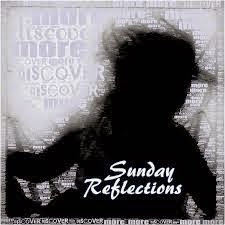 I’ve said it on Twitter a number of times, but I really do mean it, so I’m going to say it here again, firmly: become a scout leader. If you are interested in becoming a YS or YA librarian, or are seeking your first YS or YA librarian job, or think maybe becoming a YS or YA librarian is something you might want to do but want to get a little experience first, I highly encourage you to consider becoming a Girl Scout leader, or an adult volunteer for a troop at the very least.
I’ve said it on Twitter a number of times, but I really do mean it, so I’m going to say it here again, firmly: become a scout leader. If you are interested in becoming a YS or YA librarian, or are seeking your first YS or YA librarian job, or think maybe becoming a YS or YA librarian is something you might want to do but want to get a little experience first, I highly encourage you to consider becoming a Girl Scout leader, or an adult volunteer for a troop at the very least.
Every year girls want to be a part of Scouting but are unable to for the lack of adult leaders. This means that girls in your community are likely unserved by a troop, or they have a troop with a harried leader with more girls than she intended to take on, who is going to burn out fast without another pair of helping hands. That alone is a reason to volunteer with this organization that has been a part of the lives of so many influential women. You don’t have to have a child in Girl Scouting and you don’t need to be a woman. You just need to be there.
ADVERTISEMENT
ADVERTISEMENT
Girl Scouting is the organization I have experience with, but I am nearly certain that many other youth organizations would offer similar benefits – Boy Scouts, 4H, Campfire, etc. But I’m going to speak to my personal experience here, and how it directly applies to my work as a librarian.
Program Planning
A scout leader, like a librarian, does program planning on both the small and large scale. On the small scale, you have your troop meetings. You’ve got to know your audience, their abilities, the time you have, the space and supplies that you have, the budget that you’re working with (and if you think library budgets can be skimpy, well, you’re in for a special treat here–at least until that cookie money rolls in next spring!), and you’ve got to hit the high marks for the program and get your larger message across. And you do all of this in about an hour once or twice a month. On a larger scale, there are Service Unit and Council events that you can help coordinate, or just be involved with, that require longer range planning: fundraising, registration, being a liaison with outside presenters or locations, promotion and more. All of this is part of the nuts and bolts of being a librarian that they don’t teach you in library school.
People Skills
You’ll learn crowd control, like how to bring the troop’s attention back to the activity at hand and still have their interest and smiling faces directed at you. You’ll learn how to talk to parents about what you need from them in the way of support to make meetings go the way they’re supposed to go. And maybe you’ll even get some experience working with girls who need a little more help than you anticipated. These are all skills that you will definitely need once you have your YS or YA librarian job, and reading an article about classroom management is only going to get you so far.
Girl Scouts, like libraries, takes all comers. That includes girls with the extreme giggles, girls who have perfected the side eye way too young, girls whose special needs you will come to understand, girls who are still learning English, girls who are older than your regular troop’s age because their best friend and ride is in your troop, and more. Not to mention parents who really want to be involved but are stretched thin with other obligations, volunteers with very clear personal agendas, and people you might never have chosen to sit in a room with if not for Scouts. But that’s the beauty of it. Because you get to experience all of these interesting people and learn their stories, and be a part of helping them have a great experience that they wouldn’t have been exposed to if you hadn’t been there. Just like in libraries.
Bureaucracy–but no, wait–it’s good!
Every organization is going to have layers. In scouting you have a troop, with it’s leader, co-leaders, parent volunteers, parent non-volunteers, cookie parents, and drivers. Then there’s the Service Unit, Council, and National organization. Learning who in this structure can help you with what, who will champion your successes, who will pull you out of the weeds, and whom you can lean on whenever you need it is a critical skill to have in your work life too.
What success looks like
I’m starting my third year as a scout leader, and I’ll be honest: sometimes it felt like I was piloting a sinking ship. But then these amazing things happen, and you never know when to expect them. Like the girls discussing how to spend their cookie money, and in the midst of a debate over whether a water park or a trampoline center would be better, they decide to donate some of it to a local animal shelter or food bank. Or that day that you realize that they have all memorized the song you taught them, or the Girl Scout Promise, and that they actually look forward to the ceremony of it all. Or seeing the girl who was in tears and hiding behind her mom the whole first month but now races into the room and gets giant where-have-you-been-all-my-life hugs from her new best friends. Or the way parents look you in the eye at the end of the year and say “Thank you. She has had a great time, and you have done so much work, and this is really such a great experience for her,” and really really mean it.

Scouting makes a difference in the lives of these kids. And it is so incredibly rewarding to see it happen and know that you were part of it. My biggest successes in the library world have felt the same: sometimes it’s a a real slog and it’s hard to remember why you’re doing it. But you keep doing it because you get these glimmers of reward. The half head nod from the teen you helped find a book last week. The kids that came to your program last week even though you didn’t think they had fun the month before. The book you took a chance on ordering that is always checked out. And then one day, you see that teen in the grocery store and they react in a way that makes you feel like a celebrity, or a parent comes in and says, “Oh YOU’RE So-and-so, my kid talks about your programs/book suggestions/etc all the time!” It happens. But it takes work. And time. And persistance. And a fair amount of tolerance for extreme giggles and perfect side eye, and challenges you didn’t anticipate. And parades without marching bands because maybe it’s too wet for them, but nothing stops a Girl Scout or a librarian.
But it’s so worth it.
The Girl Scout year begins October 1st. They’re waiting for you!
Filed under: Girls, Sunday Reflections, Things I Didn't Learn in Library School, Things I Never Learned in Library School
About Heather Booth
Heather Booth has worked in libraries since 2001 and am the author of Serving Teens Through Reader’s Advisory (ALA Editions, 2007) and the editor of The Whole Library Handbook: Teen Servcies along with Karen Jensen.
ADVERTISEMENT
ADVERTISEMENT
SLJ Blog Network
The Moral Dilemma of THE MONSTER AT THE END OF THIS BOOK
Cover Reveal and Q&A: The One and Only Googoosh with Azadeh Westergaard
K is in Trouble | Review
Fighting Public School Book Bans with the Civil Rights Act
ADVERTISEMENT


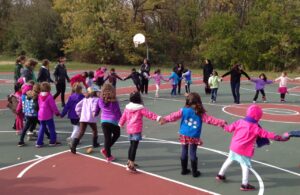

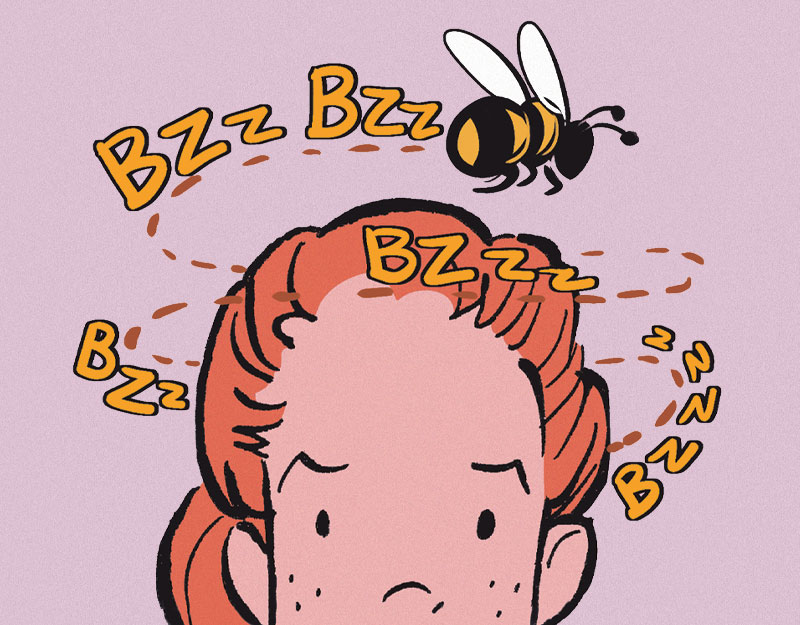
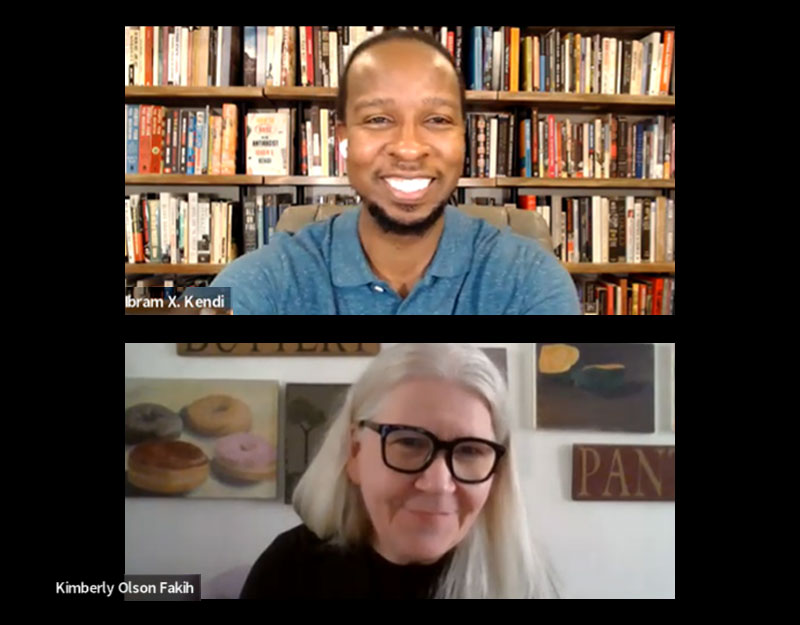
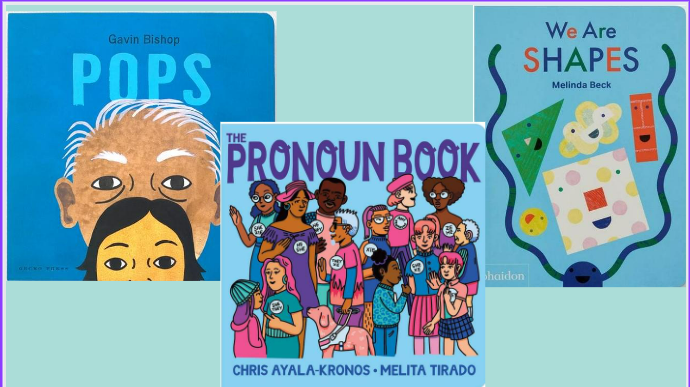
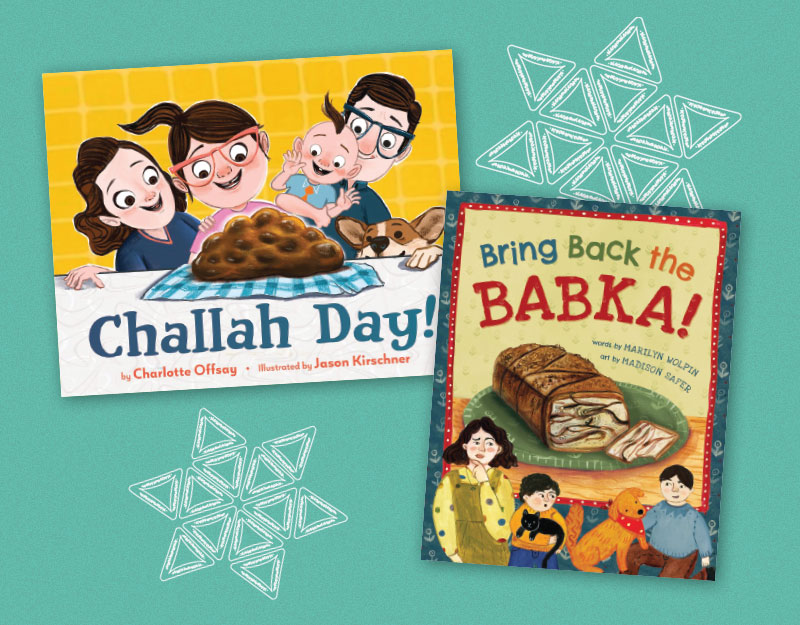
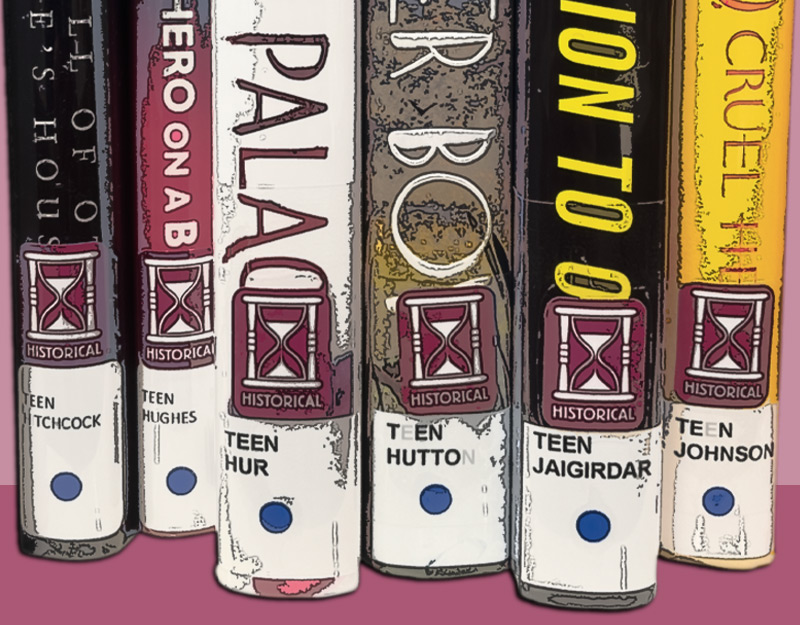
Yes, I so agree! I had a blast running a Girl Scout troop for 2 years when I was in grad school, and it definitely helped hone a lot of important youth librarian skills. I tried to convince younger grad students to take over my troop when I graduated but none were interested 🙁